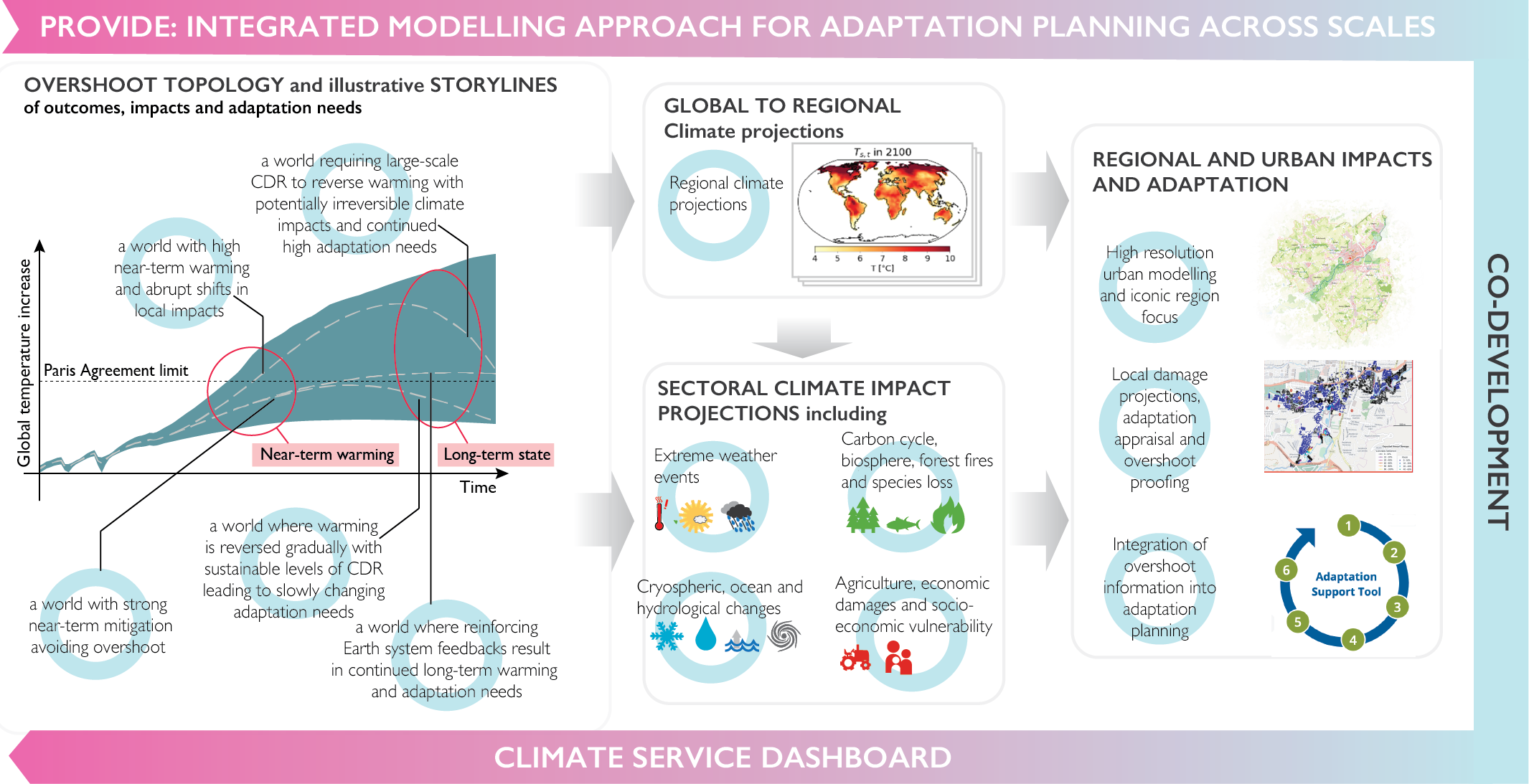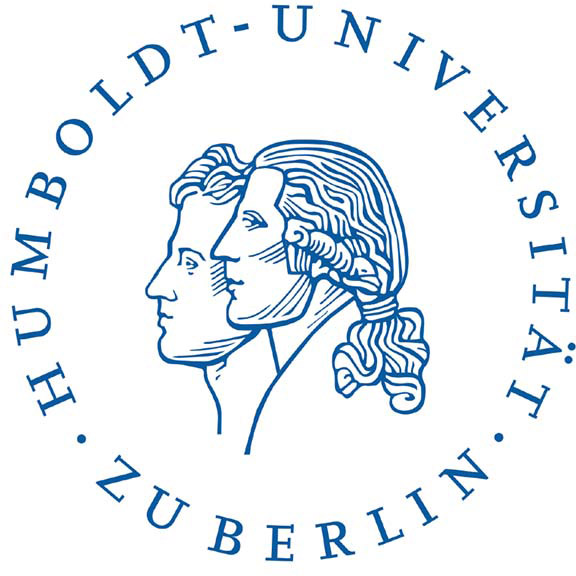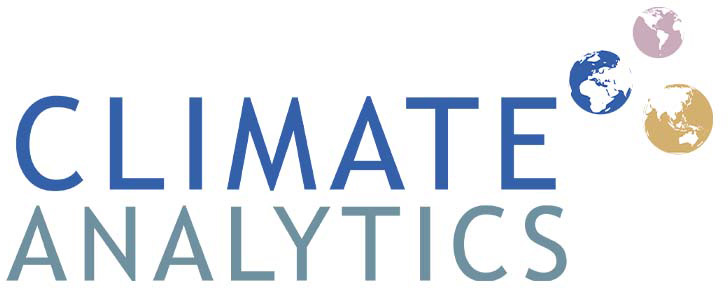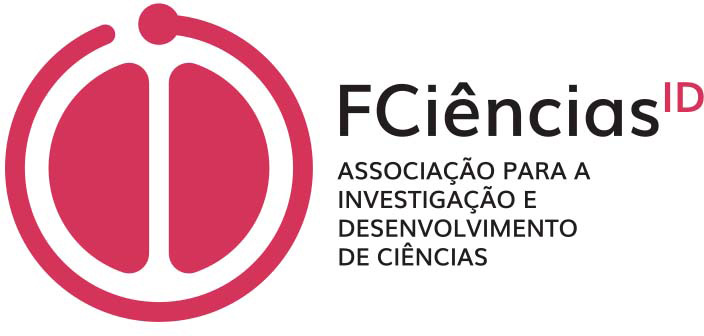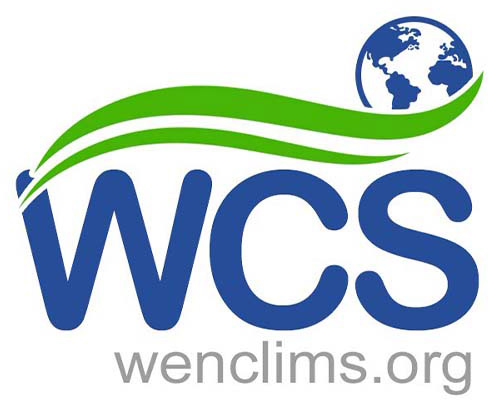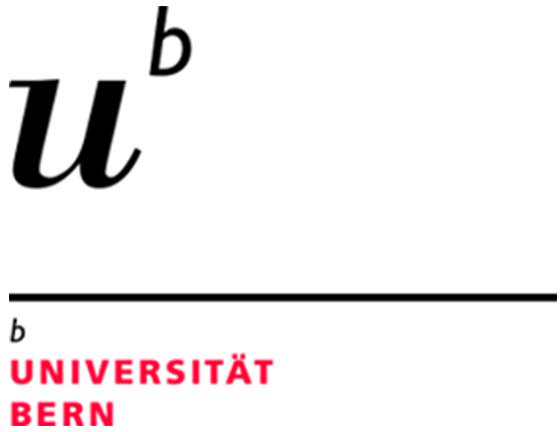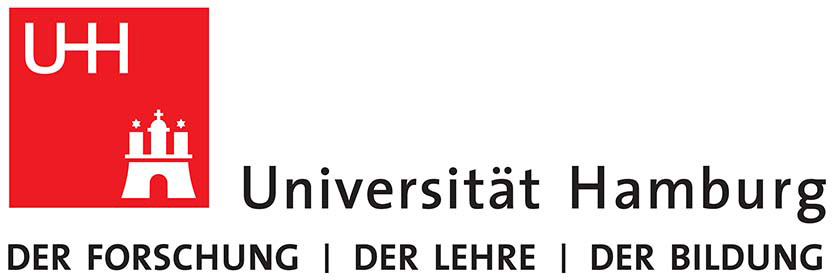THE SCIENTIFIC IDEA
Bringing key scientific innovations of climate emulator development to end users, the PROVIDE project allows for a risk focused perspective focused on threshold exceedance, linking global emission pathways to regional sectoral impacts and urban climate risk projections. This will allow for an explicit assessment of risks of exceeding adaptation limits into adaptation planning and inform necessary responses both in terms of local adaptation and global mitigation efforts. With its unique, multi-scenario setup, PROVIDE will allow to assess the unavoidable risks for threshold exceedance under any emission scenario, the avoidable risk by stringent mitigation in line with the Paris Agreement, and the reversible or irreversible risk beyond peak warming under overshoot scenarios. PROVIDE will assess risks of high-end global warming for sectoral impacts and potential irreversible impacts of overshoots including for sea level rise, permafrost loss, glacier loss and terrestrial and marine species.
PROJECT OBJECTIVES
- Produce global multi-scenario, multi-sectoral climate information
- Co-develop a generalisable Overshoot Proofing Methodology
- Identify and prioritise adaptation needs in 4 Iconic Regions
- Integrate all project outcomes into a Climate Risk Dashboard
The interdisciplinary PROVIDE consortium is uniquely placed to advance knowledge on overshoot impacts and adaptation needs as well as to ensure that these findings will directly enhance climate services and inform adaptation action. It combines internationally recognised scientific excellence including experts that have served as lead authors in recent IPCC reports (ETH, UEA, UBERN, CA, IMP, HU, CEA, UBC). This scientific excellence in climate science is brought together with leading adaptation experts including on regional strategies and adaptation costing approaches (FC.ID, CICERO, ETH), on urban modelling and planning (VITO, BUUR), as well as comprehensive climate services and stakeholder engagement expertise (CA, VITO, CICERO, FC.ID, NRI). The participation of non-EU partners is of central importance to ensure the generalisability of the developed models and tools. Weather and Climate Services (Pakistan) are responsible for carrying out regional hydrological modelling/simulations over the region of the Upper Indus Basin (IR3) using a semi-distributed watershed model. The team from the University of British Columbia (Canada) has an outstanding expertise in the assessment of overshoot impacts on marine fish stocks and fisheries.
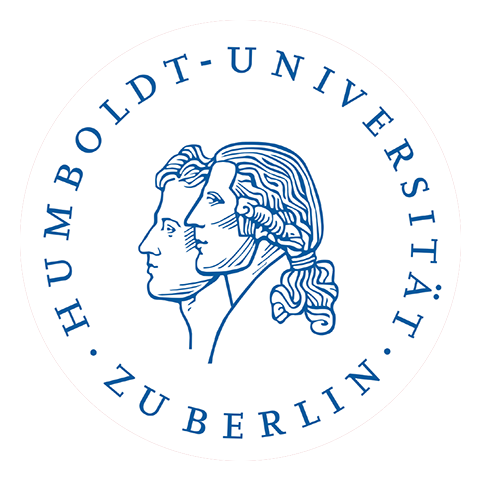
Humboldt-Universität
Germany
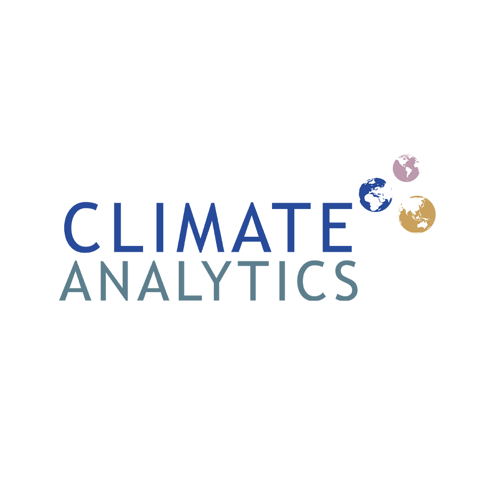
Climate Analytics
Germany
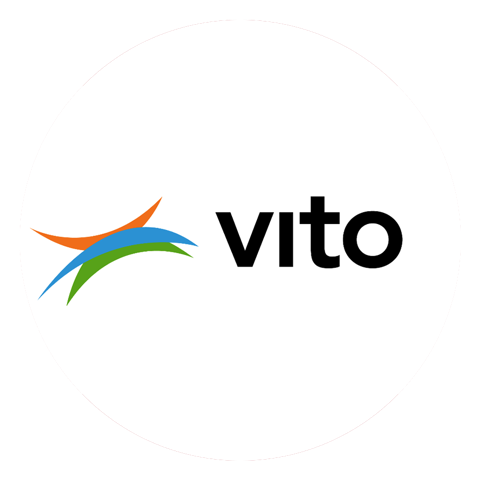
VITO
Belgium

BUUR part of Sweco
Belgium
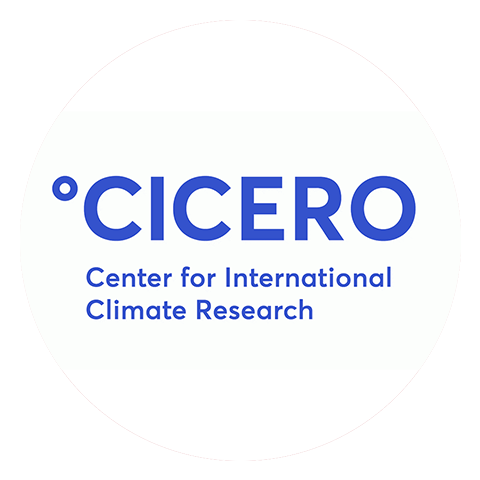
CICERO
Norway

CEA-LSCE
France
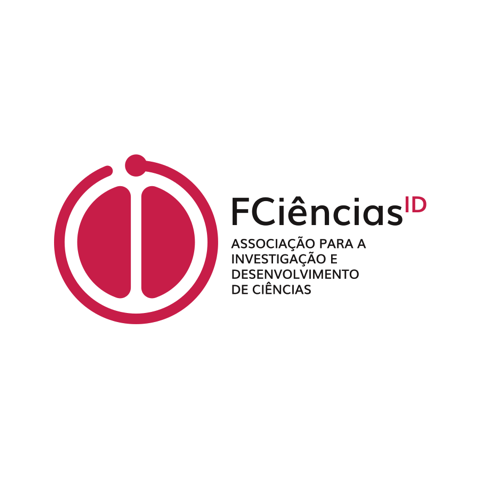
FCIENCIAS.ID
Portugal
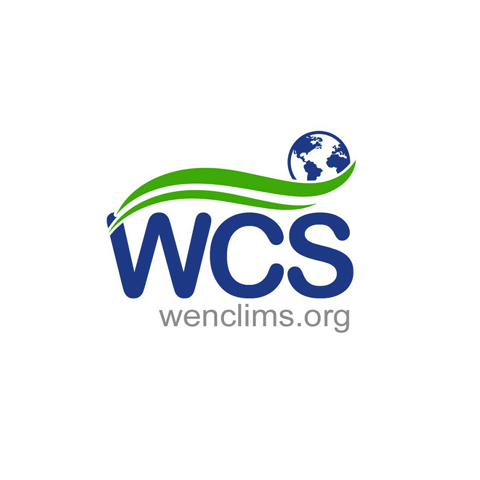
Weather and Climate Services
Pakistan

ETH Zürich
Switzerland
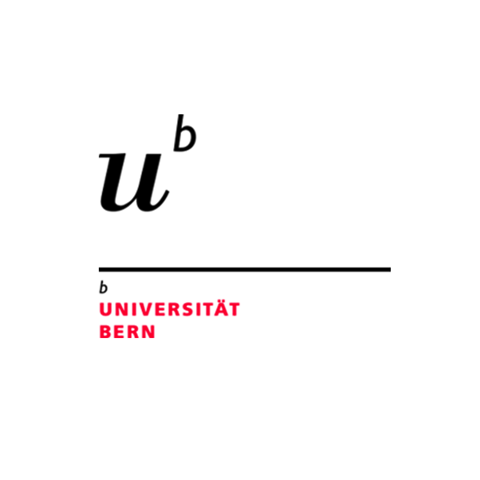
Universität Bern
Switzerland
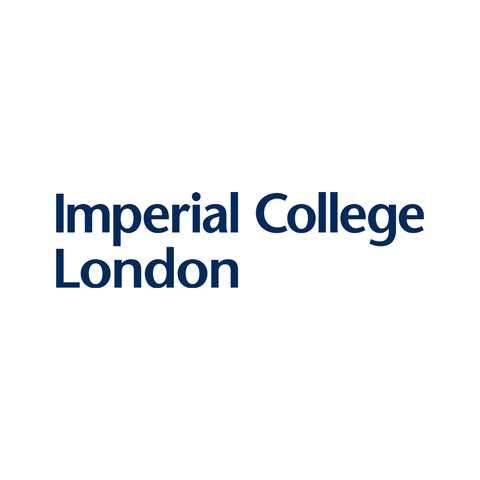
Imperial College London
UK
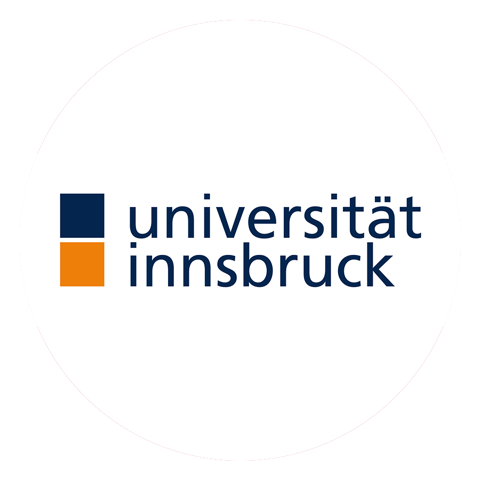
Universität Innsbruck
Austria
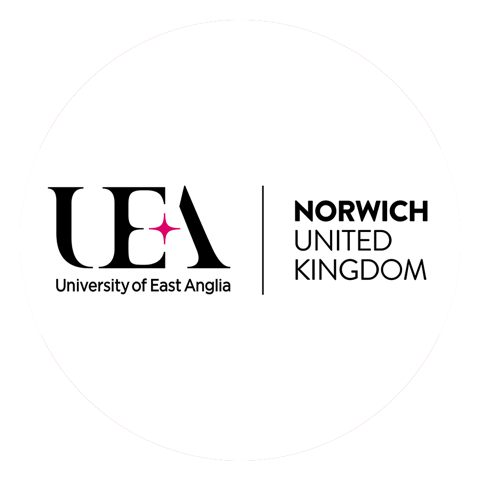
University of East Anglia
UK
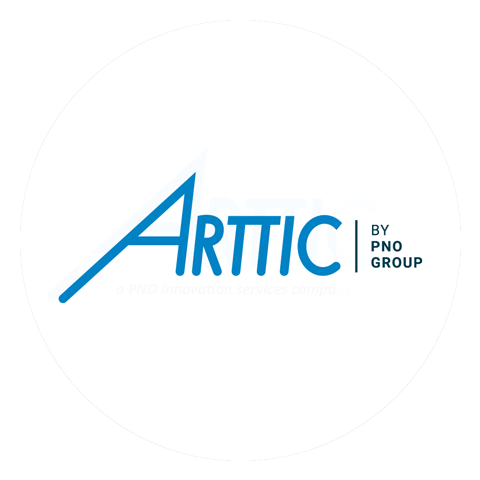
ARTTIC Innovation
Germany

Nordland Research Institute
Norway
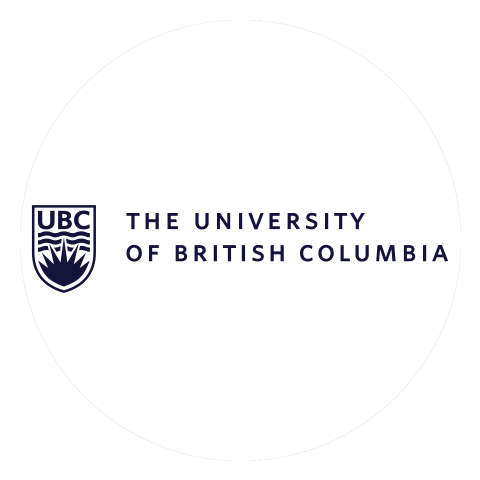
University of British Columbia
Canada
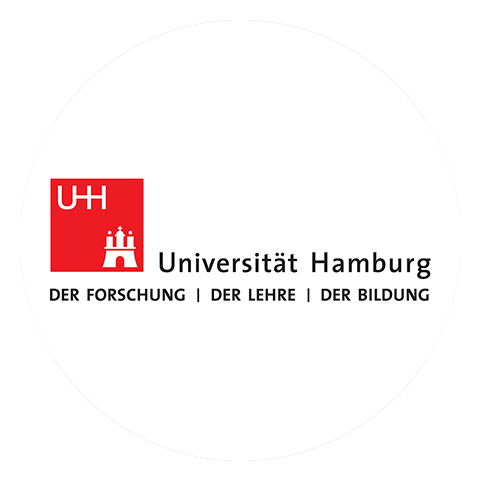
Universität Hamburg
Germany
HUMBOLDT-UNIVERSITÄT ZU BERLIN (HU)
Berlin, Germany
Humboldt University Berlin’s Geographical Institute is the one of the oldest and biggest in Germany and internationally renowned. The IRI-THESys institute at Humboldt University is linked to the geography institute and puts a specific focus on the transformations of human-environment systems. Dr. Carl-Friedrich Schleussner is affiliated with IRI-THESys and Prof. Sabine Fuss with the geography institute. Humboldt University and the IRITHESys institute have recently been awarded excellence status from the German government as part of the Berlin University Alliance. Integrated in a strong research landscape on Climate Change in Berlin and with links to internationally renowned research institutes, the HU brings in both, a strong institution set up to lead the consortium, and content-excellence.
ROLE IN PROVIDE
Humboldt University is the scientific coordinator of the PROVIDE project, coordinating the efforts across the different work packages, as well as leading on the interdisciplinary integration of the overall project including for the climate services provision and stakeholder co-development. Within the PROVIDE project the impact chain to allow e. g. adaptation specialists to set risk thresholds for societal impacts (e. g. health issues due to heatwaves) or geophysical impacts (e. g. sea-level rise) will be reversed so that they can analyse under which conditions these impacts can be avoided, including the risks associated with scaling Carbon Dioxide Removal and Solar Radiation Management. The analysis will be based on a multi-scenario framework for overshoot pathways and a cross-scale chain of computationally light-weight emulators, linking global emission pathways to regional sectoral impacts and urban climate risk projections. Furthermore, PROVIDE will assess risks of high-end global warming for sectoral impacts and potential irreversible impacts of overshoots including for sea level rise, permafrost loss, glacier loss and terrestrial and marine species.
Provide Team
Carl-Friedrich Schleussner, PhD
Professor, Research Group Leader
Principal Coordinator Contact and Lead WP7
Sabine Fuss, PhD
Professor
Co-lead WP 1
Inga Menke
Scientific Coordinator
Sarah Schöngart
PhD student
Ruben Prütz
Research Associate and PhD Candidate
CLIMATE ANALYTICS GMBH (CA)
Berlin, Germany
Climate Analytics, established in 2008, is an international non-profit climate science and policy institute based in Berlin, Germany with offices in New York, USA, Lomé, Togo and Perth, Australia which brings together cutting-edge science and policy analysis to bear on human-induced climate change. The interdisciplinary team utilises its own science-based models and co-developed tools and methods to assess and synthesise climate science and policies in the areas of mitigation, impact, and adaptation.
ROLE IN PROVIDE
Climate Analytics brings in a core expertise on climate services, stakeholder co-development processes, applied adaptation research and 1.5°C pathways. CA’s proven track record of bringing science to action ranges from the provision of a range of climate services tools to direct application in a range of different areas including from natural adaptation planning to vulnerability assessments for the Green Climate Fund and a network of central banks. Making best use of the company’s profile, Climate Analytics is leading on the climate service development (WP5/Co-Lead WP3) as well as stakeholder engagement components (WP6) of the PROVIDE project.
Provide Team
Quentin Lejeune, PhD
Senior Scientist and Group Lead on Land-Use & Climate Services
Co-lead WP5
Patrick Pringle
Senior Research Associate
Co-lead WP3
Inga Menke
Senior Expert and Group Lead: Scientific Stakeholder Engagement and Climate Litigation
Co-lead WP6
Adelle Thomas, PhD
Regional Lead Caribbean Science
Regional lead IR: the Bahamas
VLAAMSE INSTELLING VOOR TECHNOLOGISCH ONDERZOEK N.V. (VITO)
Mol, Belgium
VITO (Flemish Institute for Technological Research) provides specialised services and high standard R&D to the business world and government agencies and is Flanders’ largest and best equipped research centre in the fields of environment, energy and new materials. The Environmental Modelling department has tens of years of experience implementing state-of-the-art computational models in support of planning and policy-making in the fields of climate, water, ecosystems, soil, spatial planning, and air pollution. Thematic expertise is bundled with advanced ICT-service development capabilities.
ROLE IN PROVIDE
VITO’s main roles in the project besides its participation to the overall co-development of the risk assessments and demonstration activities are:
- contributing to the WP4 development of urban climate adaptation services for four selected urban areas in the Iconic regions with very high resolution (1m) UrbClim model results focusing mainly on flooding and thermal comfort indicators.
- contributing to the WP5 by providing high resolution impact modelling for the Tier-2 set of cities.
- contributing to the WP5 co-development and technical implementation of an online demonstrator tool.
Provide Team
Dirk Lauwaet, PhD
R&D Professional Climate
Co-lead WP5
Niels Souverijns, PhD
R&D Professional Climate
Michel Craninx, PhD
R&D Professional Water
BUUR Part of Sweco
Leuven, Belgium
Sweco plans and designs the sustainable communities and cities of the future. BUUR Part of Sweco is the Belgian leading multidisciplinary research, planning and design team within Sweco Belgium. Together we translate the joint ambition ‘Transforming Society Together’ into concrete visions and projects for the spatial transition. With a broad urban planning expertise and experience, BUUR Part of Sweco provides holistic solutions to complex social, economic, environmental issues that are challenging our living environment. BUUR searches for creative solutions able to meet and overcome spatial challenges at different levels from local to regional and national.
ROLE IN PROVIDE
WP4:
- BUUR participates to the assessment and identification of each IC’s spatial structural profile and urban strategic structure (socio-economic and environmental). The work consists in the identification of the local spatial potential, opportunities and conditions for integrating future adaptation measures. Meetings with stakeholders will facilitate the understanding of local challenges and help focus on both current risks and long-term potential.
- Once adaptation scenarios modelled and assessed, BUUR will identify and provide a portfolio of overshoot adaptation strategies at IR or IC scale, with focus on the creation of multisector benefits. The impact on the spatial development will be explained in a graphical narrative, which is addressed to urban planners and policy makers.
WP5:
- BUUR participates to the co-development of the overshoot proofing module linked to adaptation planning platforms. They ensure that the climate services developed in this work package will respond to urban planners, policy makers’ needs.
Provide Team
Kathleen Van de Werf
Operational Manager
Séverine Hermand, PhD
Project Leader
Miechel de Paep
Senior Expert
Center for International Climate Research (CICERO)
Oslo, Norway
CICERO is one of Europe’s foremost institutes for interdisciplinary climate research, with strong international networks, high publication rate in international journals, and active participation in international assessments including the IPCC. CICERO’s work increases our understanding of the evolution of global and regional climate and climate extremes, and consequent hazards and environmental and socio-economic impacts. CICERO is renowned for its efficiency in communicating climate science to professional audiences and the public and design of stakeholder involvement processes.
ROLE IN PROVIDE
CICERO co-leads WP3 and provides estimates of macroeconomic impacts for different overshoot scenarios and adaptive capacities with particular attention to sectoral interdependencies. CICERO will deliver data and publications describing uncertainties and risks in the deployment and maintenance of Solar Radiation Management in overshoot scenarios. They will develop an SRM emulator framework and riskframing tools to assess and quantify the global and regional uncertainties in temperature and precipitation response to stratospheric aerosol injection as a tool for SRM. CICERO collaborates with other consortium members on the implementations of SRM to assess the risk of SRM deployment failure in the project dashboard.
Provide Team
Benjamin Sanderson, PhD
Research scientist
Anton Orlov, PhD
Senior researcher
Sigrid Rian Song, PhD
Research Coordinator
LABORATOIRE DES SCIENCES DU CLIMAT ET DE L’ENVIRONNEMENT (CEA-LSCE)
Paris, France
Laboratory of Climate and Environmental Sciences (LSCE), created in 1998 is a joint research unit (UMR 8212) of the French Alternative Energies and Atomic Energy Commission (CEA), the National Centre for Scientific Research (CNRS), and University of Versailles Saint-Quentin-en Yvelines (UVSQ). CEA is the legal entity that represents the LSCE within this project. LSCE is part of the Institut Pierre Simon Laplace federation of climate research institutes in the Paris area. The mission of LSCE is to understand and quantify past, present, and future biogeochemical cycles and climate changes.
ROLE IN PROVIDE
The CEA-LSCE contributes to WP2 quantifying the impacts of overshoot scenarios on non-linear components of the Earth System like greenhouse gas emissions from wildfires and permafrost carbon loss. These two vulnerable components trigger feedbacks which amplify climate change. Besides, CEA-LSCE contributes to WP1 for providing parametric or non-parametric (Machine-Learning) emulations of GHG emissions from wildfires and permafrost.
Provide Team
Philippe Ciais, PhD
Senior Researcher
Co-lead WP2
Katsumasa Tanaka, PhD
Senior Researcher
Contributes to WP2 and WP1 with simple climate models
Daniel Goll, PhD
Senior Researcher
Contributes to WP2 for modeling carbon fluxes
Biqing Zhu, PhD
Post-doctoral researcher
Develops emulators with OSCAR, a compact earth system model
Partner
Thomas Gasser, PhD
Researcher at IIASA
Develops the OSCAR earth system model
FCiências.ID – Associação para a Investigação e Desenvolvimento de Ciências (FC.ID)
Lisbon, Portugal
FCiências.ID is a Non-Profit Private Association created as a common initiative of Faculdade de Ciências da Universidade de Lisboa and 6 private companies, to develop Research and Development and Innovation (R&D) activities. The team involved is also part of the Centre for Ecology, Evolution and Environmental Change (cE3c) a Research Unit of the Faculty. FCiências.ID has expertise across sectors, scales and multiple areas of knowledge related to climate adaptation, climate risk management and environmental decision-making. With a strong scientific experience within R&D activities developed both at National and International levels.
ROLE IN PROVIDE
In PROVIDE, FCiências.ID team co-leads WP4 on the Iconic Regions and Cities and additionally contributes to WP3 and WP5. Within WP4, FC.ID will test with the local partners a stakeholders led methodology to assess regional climate risk and decarbonisation pathways. In this context, FCiências.ID team will lead the Iconic Region of Iberian Mediterranean with focus on Lisbon Metropolitan Area.
Provide Team
Tiago Capela Lourenço, PhD
Research Associate
Lead WP4
Carolina Vieira
Research Assistant
Inês Gomes Marques
PhD Student
Hugo Pires Costa
PhD Student
Weather and Climate Services (Private) Limited (WCS)
Islamabad, Pakistan
Weather and Climate Services is a new private consultancy registered in 2019 in Islamabad, Pakistan. Its team is composed of trained scientists with international work experience in climate related fields including academia, policy, negotiations, and scientific research. WCS aims at providing services based on the latest scientific findings in the field of atmospheric sciences including but not limited to weather forecasting, climate change, adaptation and mitigation strategies. WCS endeavours to serve as an interface between science, policy and practice at the national as well as the regional level.
ROLE IN PROVIDE
Weather and Climate Services is involved in WP4 and responsible for carrying out regional hydrological modelling/simulations over the region of the Upper Indus Basin using a semi-distributed watershed model. WCS also collaborates with other project partners (VITO) in the development and collection of GIS and other relevant input data for high resolution urban scale modelling for Islamabad. Moreover, being a local organization with a good understanding of the cultural context, it leads the local stakeholder engagement activities and produce publications for further uptake of the project results and findings.
Provide Team
Fahad Saeed, PhD
Co-founder/CEO of WCS
Mariam S. Khan, PhD
Research Scientist
Haris Mushtaq
Climate Data Analyst
Khadija Irfan
Research Assistant
EIDGENOESSISCHE TECHNISCHE HOCHSCHULE ZÜRICH (ETH)
Zürich, Switzerland
The Swiss Federal Institute of Technology (ETH) was founded in 1855 and is the leading Swiss university in the areas of natural sciences and engineering, with about 20,000 students from over 120 countries and 6000 staff. About 500 professors currently teach and conduct research in engineering, architecture, mathematics, natural sciences, system-oriented sciences, and management and social sciences. ETH Zürich regularly appears at the top of international rankings as one of the best universities in the world. 21 Nobel Laureates have studied, taught or conducted research at ETH Zürich, underlining the excellent reputation of the university. According to the Nature Index 2020, ETHZ is the world’s top ranked university in the field of Earth and Environmental Sciences.
ROLE IN PROVIDE
ETH uses and further develop the MESMER emulator to derive regionally explicit overshoot scenarios (WP2). Further extensions co-developed by ETH will include the emulation of climate extremes (building on the ERC proof of- concept project MESMER-X, 2021-2022, PI: Seneviratne) and the emulation of impact models. In WP4, the Weather and Climate Risks (WCR) group (Bresch) will contribute the CLIMADA platform to the project, help to tailor the model to the study regions and to produce realistic multi-hazard impact and risk assessments by combining climate related impacts with adverse developments due to other risk drivers. Moreover, the WCR group will engage in stakeholder interactions helpful to assess the current state and future needs in risk management, hence contribute also to WP5 and 6.
Provide Team
Sonia Seneviratne, PhD
Professor
Lead WP2
David N. Bresch, PhD
Professor
Yann Quilcaille, PhD
PostDoc
Chahan Kropf, PhD
PostDoc
UNIVERSITÄT BERN (UBERN)
Bern, Switzerland
The host institution is the Climate and Environmental Physics of the Physics Institute at the University of Bern. With 19,000 students and about 3000 PhD students, UBERN is one of the largest Universities in Switzerland and is constantly listed as one of the top 150 universities in international rankings. The university’s comprehensive offering includes eight faculties with more than 150 institutes. UBERN hosts several internationally recognized research centers, such as the Oeschger Centre for Climate Change Research, which bundles the research activities on climate change across four faculties.
ROLE IN PROVIDE
UBERN contributes to WP2 with the comprehensive Earth system model GFDL ESM2M and to the improvement of understanding of which impacts of climate change in the ocean are fully or partly reversible with reducing temperatures. UBERN performs idealized overshoot and non-overshoot scenario simulations designed under WP1 with the fully coupled Earth system model GFDL ESM2M to investigate reversible and irreversible changes in physical and biogeochemical changes in the ocean, with a focus on marine heatwaves and biogeochemical extreme events (acidity and oxygen). UBERN also tests if important tipping points (low oxygen, calcium carbonate undersaturation) will be crossed under different overshoot scenarios. The output from the fully coupled Earth system will be coupled to a fish impact model developed by the University of British Columbia to simulate the response of the abundance, distribution and biomass of major fish stocks (~1000 species) in the ocean to these biogeochemical changes under the different scenarios. UBERN also supports the assessment of the performance of the reduced complexity carbon cycle-climate models in WP1 in light of carbon-cycle uncertainties and ocean heat uptake.
Provide Team
Thomas Frölicher, PhD
Assistant Professor
Fabrice Lacroix, PhD
Postdoc
IMPERIAL COLLEGE OF SCIENCE, TECHNOLOGY AND MEDICINE (IMP)
London, UK
Imperial College London is a world top ten university with an international reputation for excellence in teaching and research. Consistently rated amongst the world’s best universities, Imperial is committed to developing the next generation of researchers, scientists and academics through collaboration across disciplines. The Grantham Institute within Imperial College London is the Imperial’s hub for climate change and the environment, and one of Imperial’s six Global Institutes established to promote inter-disciplinary working and to meet some of the greatest challenges faced by society. It has a network of experts from multiple disciplines and departments across Imperial – one of the largest concentrations of academics working across climate change and the environment in the UK.
ROLE IN PROVIDE
Imperial College is co-leading the pathway analysis work in WP1. This includes being responsible for the assessment of characteristics of deep mitigation scenarios, the contributions of carbon-dioxide removal in these pathways, and the global warming outcomes of these scenarios.
Provide Team
Joeri Rogelj, PhD
Lecturer
Lead WP1
Robin Lamboll, PhD
Research Associate
Deputy lead WP1
UNIVERSITÄT INNSBRUCK (UIBK)
Innsbruck, Austria
The University of Innsbruck is the third largest university in Austria and the largest in the Austrian region of Tirol. The Department of Atmospheric and Cryospheric Sciences (ACINN) at the University of Innsbruck is one of the few university departments worldwide where research and education in atmospheric science and glaciology are co-located. Mountain climate and mountain glaciology have been a central research topics at ACINN for decades, with a regional focus in the Alps, the Tropical Andes, the Himalayas and at the global scale.
ROLE IN PROVIDE
The University of Innsbruck computes projected glacier change for every single glacier in the world for all PROVIDE overshoot scenarios. These data will be used to compute runoff change estimates for all major river basins of the world and the contribution of mountain glaciers to sea-level rise. Additionally, the University of Innsbruck participates in the development and testing of the PROVIDE Dashboard, building upon a strong experience with interactive online applications and open data management.
Provide Team
Fabien Mausion, PhD
Associate professor
Patrick Schmitt
PhD student
Lilian Schuster
PhD student
University of East Anglia (UEA)
Norwich, UK
UEA has led the way in shaping environmental sciences. 82% of its research activity is considered “world-leading” or “internationally excellent”. It currently has around 41 ‘live’ research projects running with the European Commission. The School of Environmental Sciences (ENV) is one of the longest established, largest and most fully developed interdisciplinary institutions of its kind in Europe. ENV is an internationally renowned research centre for research, with three foci: climate, ocean and atmosphere; sustainability governance; and geosciences and natural hazards and has >70 faculty and >150 postdoctoral researchers. The policy and societal Impact of its research is world-leading, and it is ranked 1st in the UK. Its sustained, substantial contribution to the Intergovernmental Panel on Climate Change is considered the largest contribution of a single department in the world. Tyndall Centre for Climate Change Research was founded in 2000 to conduct high quality integrated research in support of UK and international climate policy.
ROLE IN PROVIDE
In WP2 we will used WI to create spatially explicit damage functions that can link various climate change ‘overshoot’ scenarios to changes in species richness, persistence of climatic ‘refugia’ where species currently present remain, and timber producing trees. Spatial refinement of land use patterns associated with different levels of carbon dioxide removal (CDR) will be conducted in WP1, firstly to exclude climate change refugia for biodiversity identified by the W.I., and secondly to provide spatial patterns of ecosystem restoration to assist adaptation of natural ecosystems to climate change and contribute to CDR potential.
Provide Team
Rachel Warren, PhD
Professor
Jeff Price, PhD
Associate Professor
ARTTIC Innovation GmbH (AI)
Munich, Germany
ARTTIC Innovation GmBH, a company of the PNO Consultants Group, the European leader in collaboration engineering, consultancy and management services for international research and technology related partnerships. The team at AI has been built since 2006 and has set up and managed numerous projects in EU funding programmes. ARTTIC Innovation GmbH builds and assists collaborative undertakings and in particular European research consortia and networks from all businesses and research sectors, small and large, private and public, to ensure their collaborative innovation ventures are as successful as possible. The service offer of ARTTIC Innovation GmbH comprises provision of hands-on support, strategic consulting, and added value services all along the innovation life cycle: from the definition of a project idea and concept, the identification of a suitable funding scheme and the proposal development, to the management of the project and the dissemination and exploitation of the project results.
ROLE IN PROVIDE
AI supports the consortium through WP7 in the daily management and administrative tasks to ensure the collaboration is working efficiently, the project is properly monitored, and decisions and actions are prepared and taken according to the project progress. AI will provide methods, tools and operational support for the collaboration within the consortium and simplify the work of the Research, Development and Innovation staff as much as possible. In addition, AI leads WP6 with planning and facilitating of a dissemination, communication and exploitation strategy and developing the adequate tools to support these activities.
Provide Team
Sophie Rau
Consultant
Lead WP6
Andreas Schweinberger
Senior Consultant
NORDLANDSFORSKNING AS (NRI)
Bodø, Norway
Nordland Research Institute (NRI) is a private social science institute located north of the Arctic Circle in Bodø, Norway. NRI focuses mainly on multidisciplinary social science, with competence ranging from anthropology, sociology and political science to business economics and innovation studies. NRI is organized into three research groups: 1) Environment, with a focus on transformation to low carbon society, challenges related to extractive industries and the integration of SDGs in local and regional planning among others; 2) Business, with focus on innovation and regional development; and 3) Welfare, with focus on welfare services and social policy. Adaptation to climate change is a strong area of research for more than a decade and there are several on-going projects with empirical focus on the Arctic. A growing research area is the regional implementation of the Sustainable Development Goals. NRI’s approach includes strong engagement with local and regional stakeholders.
ROLE IN PROVIDE
NRI is responsible for IR 1 (Arctic Fennoscandia) in WP4. It specifically is responsible for engaging with local and regional stakeholders in Bodø Muncipality and Nordland County, including the organization of two engagement workshops. NRI furthermore provides background information and expertise about the region for the other WPs.
Provide Team
Helena Gonzales Lindberg
Researcher II
Co-lead WP4
Annika E. Nilsson, PhD (until 2022)
Researcher II
Co-lead WP4
Arild Gjertsen
Researcher II
Amsale Temesgen, PhD (until 2022)
Researcher II
Grete K. Hovelsrud, PhD
Research Professor
UNIVERSITY OF BRITISH COLUMBIA (UBC)
Vancouver, Canada
The University of British Columbia (UBC) is a global centre for teaching, learning and research, consistently ranked among the top 20 public universities in the world and recently ranked number one in the world for taking urgent action to combat climate change and its contributions to specific Sustainable Development Goals, including SDG14 (Life Under Water). UBC has more than 55,000 undergraduate student, 18,000 postgraduate students and 6000 academic staff. The UBC Institute for the Oceans and Fisheries (IOF), where the UBC team is based at, contributes to a transformative global shift toward sustainable coastal ecosystems, oceans and fisheries. It brings together a community of Canadian and international experts in ocean and freshwater species, systems, economics, and issues— and provides new insights into how our marine systems function and the impacts of human activity on those systems.
ROLE IN PROVIDE
In PROVIDE, the UBC team applies our marine ecosystems and fisheries climate impact models to project changes in fish stocks and fisheries globally and regionally under the scenarios to be explored by the project. The team then computes the selected impact indicators for marine ecosystems and fisheries under these scenarios. Also, if a parallel project led by the UBC team is funded by the Natural Sciences and Engineering Research Council of Canada, the UBC team will conduct a national case study for the Canadian oceans and fisheries.
Provide Team
William W. L. Cheun, PhD
Professor and Canada Research Chair
Tayler Clarke, PhD
PostDoc
Gabriel Reygondeau, PhD
Research Associate
Universität Hamburg (UHAM)
Hamburg, Germany
Universität Hamburg is the largest research and educational institution in Northern Germany and one of the largest German Universities with currently more than 40,000 students and more than 650 professors. Located in the heart of the City of Hamburg, it offers an excellent infrastructure. Universität Hamburg provides a broad disciplinary spectrum in the following eight faculties: Faculty of Law; Faculty of Business; Faculty of Economics and Social Sciences; Faculty of Medicine; Faculty of Education, Faculty of Psychology and Human Movement; Faculty of Humanities and Faculty of Mathematics, Informatics and Natural Sciences. Scientists from Universität Hamburg were involved in 95 EU funded projects in FP7 and more than 100 projects in H2020. In 2019, Universität Hamburg gained the title as University of Excellence within the scope of the Excellence Strategy of the Federal and State Governments of Germany and was awarded funding for 4 clusters of excellence. Among those is the Cluster of Excellence “Climate, Climatic Change, and Society” (CLICCS) that establishes a long-term program spanning the range from basic research on climate dynamics and climate-related social dynamics to the transdisciplinary exploration of human–environment interactions.
ROLE IN PROVIDE
Universität Hamburg co-leads WP3, contributes to the conceptual and practical development of overshoot proofing for adaptation planning and decision-making and provide probabilities for exceeding sector-relevant thresholds for different overshoot scenarios in close dialogue with stakeholders.
UHAM further contributes to providing probabilities for exceeding sector-relevant thresholds for different overshoot scenarios in close dialog with stakeholders.
Provide Team
Jana Sillmann, PhD
Professor
Lead WP3
Peter Pfleiderer, PhD
Postdoctoral researcher
The PROVIDE workplan is organised in seven work packages (WP):
WP1 & 2 are providing a multi-scenario framework and biophysical impact projections. The development of specific impact emulators will allow regional climate projects and the analysis of the (ir)reversibility of impacts under overshoot pathways. The results will feed into the PROVIDE Climate Risk Dashboard developed in WP5. WP3 & 4 are focused on overshoot adaptation and policy and regional pertinent impacts of overshoot. The aim is to develop an overshoot proofing module that will be made available via the PROVIDE Climate Services Dashboard developed in WP5. In depth work in four Iconic Regions is building on work in WP2 & 3 and focuses on one urban area within each region. The outcomes of WP1-4 are synthesized into the PROVIDE Climate Risk Dashboard and its Regional and Overshoot Proofing Modules, which WP5 is developing. WP6 is coordinating all co-development, dissemination, communication, and exploitation activities including stakeholder engagement and WP7 includes the overall project management of PROVIDE.

WP1 Fundamentals of overshoot pathways
Lead Partner: Imperial College London
WP1 establishes an understanding of warming trajectories, net-zero timing and potential overshoot implied by current climate targets under the Paris Agreement and analyses overshoot pathway characteristics with a focus on the large-scale CDR and the pace of temperature reversal. It identifies and delivers an assessment of key uncertainties and risks of overshoot pathways and their components (e.g. risks from higher warming, risks from larger CDR requirement or introduction of SRM risk of impaired reversibility due to climate system uncertainties or feedbacks, risks from uncertain effectiveness of CDR).
Policy brief on assessment of GHG emissions implied by the latest round of NDCs under the Paris Agreement, their plausible temperature implications, and CDR deployment scales in associated pathways
WP2 Biophysical Impacts
Lead Partner: ETH Zürich
WP3 Overshoot proofing for enhanced adaptation decision making and policy
WP3 assesses the implications of overshoots for adaptation planning, including the potential spatial and temporal development of relevant dimensions of vulnerability and adaptive capacity in response to the biophysical changes assessed in WP1 and WP2. To this end, WP3 deploys vulnerability and economic modelling approaches at different scales including adaptation costing83. Overshoot proofing of two adaptation strategies on EU level are performed in a co-development process with relevant decision-makers, including scenario planning workshops. Through these case studies WP3 constitutes a testbed and centrally contributes to the co-development of the Overshoot Proofing Module as part of the service provision under WP5. Furthermore, WP3 assesses the mitigation implications of avoiding impact and adaptation thresholds and irreversible risks and provides for an input into the Paris Agreement global stocktake.
Policy brief on PROVIDE findings of adaptation and mitigation implications of overshoot risks as input into the Global Stocktake
First overshoot proofing reports for sectoral adaptation strategies
Second overshoot proofing reports for sectoral adaptation strategies
Policy brief on Overshoot Proofing WP3 2 – CA Report Public 33
WP4 Iconic Regions and Cities
Lead Partner: FCiências.ID
D4.1
Four review reports on key overshoot adaptation challenges in Iconic Regions and Cities
Four overshoot proofing reports for Iconic Regions and Cities
Co-developed iconic overshoot adaptation scenario narratives and high-resolution maps
WP5 PROVIDE Climate Services Products
Version 0 of the CS Dashboard providing information on few
Version 1 of the CS Dashboard, providing climate and sectoral impact information as well as a first version of the Regional Module
Final version of the CS Dashboard, providing climate and sectoral impact information and reversibility assessments, and the Overshoot Proofing Module
Capacity-building resources and webinars on application of climate impact information for overshoot proofing
WP6 Dissemination, Communication & Stakeholder Engagement
Release of complete set of communication materials and tools, incl. the public website-V 1.0
Policy brief on climate and sectoral overshoot impacts and reversibility assessments, and implications for adaptation

